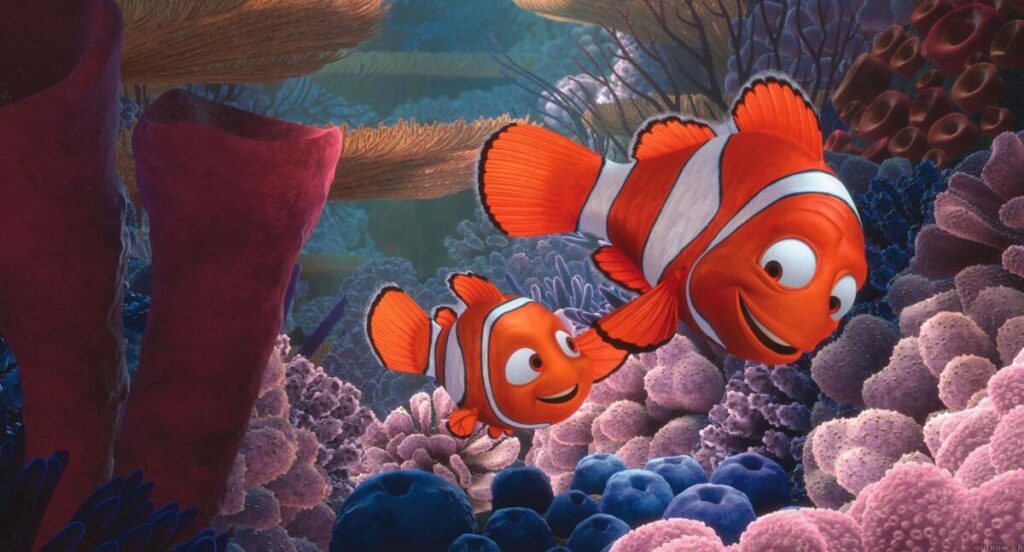How to handle a problem like the “best animated feature film” of the year? For many decades, the Academy Awards’ answer was, “Occasionally give their creators a special Oscar.” That’s how the animators, producers and directors of groundbreaking films such as “Snow White and the Seven Dwarfs” (1937), “Who Framed Roger Rabbit” (1988) and “Toy Story” (1995) were handled. “Beauty and the Beast” (1991) did them one better, being the first animated film to be nominated for best picture.
Meanwhile, animation wasn’t going anywhere: Changes in technology had expanded the number of titles released every year exponentially, and there was a growing mass acceptance of the medium as art worthy of recognition within the academy. Finally, virtually forced into existence by this renaissance, a new category debuted at the 2002 Academy Awards: animated feature. And two years later, Pixar — the juggernaut that would go on to set the record for most nominations and wins (17 and 11 so far) in the category — won its first animated feature Oscar, for “Finding Nemo.”
Writer/co-director (with Lee Unkrich) Andrew Stanton, a first-time winner, accepted the award from Robin Williams at the Kodak Theatre on Feb. 29, 2004. Stanton had been nominated for writing in 1996 (“Toy Story”) and would win again in 2009 (“Wall-E”). He took the stage in a black suit and white tie, saying, “I am going to be forever grateful to the entire cast and crew of ‘Nemo’ for the giving of their incomparable talents to this little fish story that I had.”
He then added, “To my wife, Julie, I wrote it to you in a note in eighth grade, and now I can say it in front of a billion people — I love you.”
Albert Brooks voiced the clownfish searching for his son, who had been taken from the sea to be put in a fish tank in “Finding Nemo.”
(Moviestore / Shutterstock / Moviestore / Shutterstock)
The story of a clownfish father (Albert Brooks) searching for his son, who’d been scooped up by a diver and put in a dentist office’s fish tank, “Nemo” had been a juggernaut for Pixar, which produced the film for Walt Disney Pictures (the company would acquire the studio in 2006). It grossed $871 million worldwide during its original theatrical run and was the second-highest grossing film of 2003. It was also in the running on Oscar night for original score, sound editing and original screenplay.
Only two other movies were under consideration. “Brother Bear,” from Walt Disney Animation Studios, was the story of an Inuit hunter transformed into a bear after he recklessly kills one and featured the voices of Joaquin Phoenix, Rick Moranis, Michael Clarke Duncan and others. It was the lone nomination for the film and the first and only nomination for co-directors Aaron Blaise and Robert Walker. Florida’s Disney-MGM Studios, where the film was created, shut down a month after the Oscars as Disney began making computer-animated films.
“The Triplets of Belleville” was hand-drawn and became the first PG-13 film to be nominated in the animated feature film category. It also earned one other nomination, for original song. Another tale of someone chasing after a lost relation — in this case, Madame Souza (and her dog Bruno) looking for her grandson after he was kidnapped during the Tour de France — the musical was highly stylized, sometimes fairly dark and often surreal. Director Sylvain Chomet earned his second and third Oscar nominations for the film; he’d been nominated in 1998 for “The Old Lady and the Pigeons,” and he’d be nominated again in 2011 in the animated feature category for “The Illusionist.”

